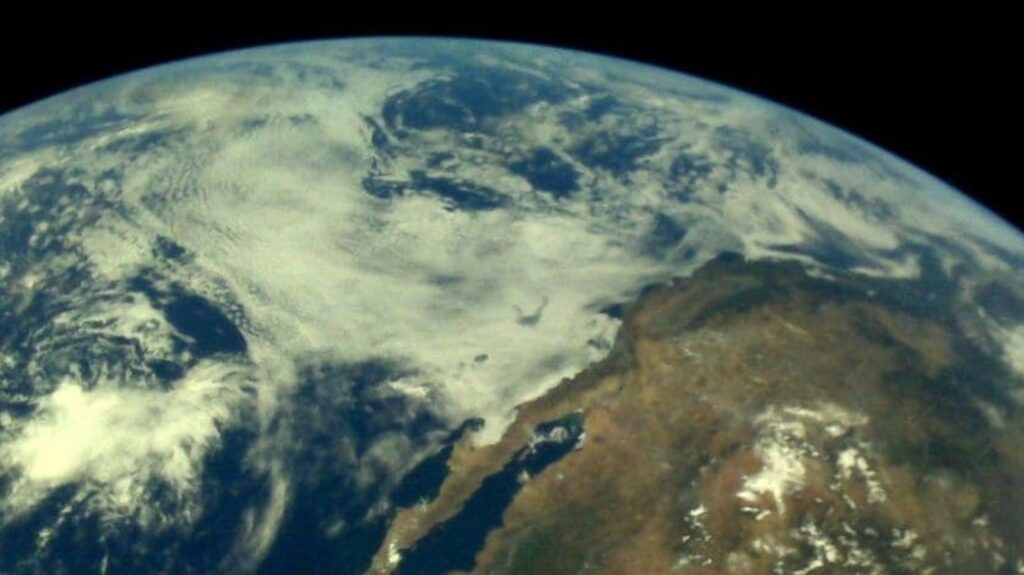The creation of the Sahel Federation on Saturday threatens to plunge West Africa into an unprecedented crisis that threatens to undermine the free movement of people and goods in the region.
 The new Sahel divides West Africa more than ever
The new Sahel divides West Africa more than ever
Niger, Burkina Faso and Mali have joined forces to create the Federation of Sahel States, a nation of about 72 million people.
In January, the three countries announced they were cutting ties with the Economic Community of West African States, which they said was being manipulated by their former colonial power, France.
With the 50th anniversary of ECOWAS looming, the alliance appears powerless to re-admit Sahelian countries.
The first tensions arose in 2020 and 2021 after the coup that brought Colonel Assimi Goita to power in Mali.
At the time, ECOWAS imposed tough trade and financial sanctions on Bamako and expelled Mali from its membership.
Even if those sanctions were lifted in 2022, it would not be enough to improve relations, especially as Bamako has found allies in neighboring Burkina Faso, where two coups were staged in 2022, and Niger, where military leaders took power last July.
For ECOWAS, the Niger coup was too much.
The government not only imposed sanctions on Niamey, but also threatened military intervention for weeks to restore deposed President Mohamed Bazoum to power.
This was enough to make the Sahelian military juntas permanently uneasy, since they made sovereignty the crux of their governance and accused ECOWAS of being subservient to France, turning against them.
The three announced they were withdrawing from the West African organisation in January and formally divorced by joining forces on Saturday, despite sanctions against Niamey being lifted in February.
ECOWAS on Sunday warned of “diplomatic and political isolation” for AES countries and the loss of millions of euros in investments.
Another concern is the worsening security situation in the region, with repeated bouts of jihadist violence.
AES countries have long criticised ECOWAS for not doing enough to help in the scourge and set up their own joint task force in March.
However, the most tangible outcome may concern the free movement of goods and people within the region.
ECOWAS Commission Chairman Omar Aliu Touray on Sunday warned that nationals of AES countries will in future have to apply for visas to travel to other parts of the region, potentially creating obstacles to the free establishment of businesses.
For Mahamane Bashar, a Nigerien lawyer and political analyst, this threat is not enough to curb “the desire of the AES to distance itself from ECOWAS” and could lead to Sahel countries imposing “reciprocity.”
“This will be the beginning of the dismantling of West African regional structures and go against the ideals of the African Union,” said Boubacar Kadou, a finance expert from Niger.
On Saturday, Niger’s General Abdourahmane Tiani made his position on the matter very clear.
“Our people have completely turned their backs on ECOWAS,” he said.
Although the three AES nations are denied access to the sea, they believe they can pool their resources and become self-sufficient within the Federation in most key sectors of their economies.
As for ECOWAS, there is no room for resignation.
Senegalese President Bashir Diomae Faye visited Burkina Faso and Mali in May and was appointed mediator between the AES countries on Sunday.
“We cannot sit idly by and watch. Our responsibility is to try to bring the two sides closer together, to reconcile, to ensure there is a space for dialogue,” he said on Sunday.
Faye called for “everything to be done to avoid the withdrawal of our three sister countries.”
Arthur Banga, an Ivory Coast political analyst, said Faye “has a freshness to him as a newly elected politician and a certain connection to revolution and change. There is still a slight chance, but the trend is for change.”
Bashar, the Nigerien lawyer and political analyst, said the negotiations would no longer be about rejoining ECOWAS, but rather “how to restore the status quo and build a mutually respectful relationship between ECOWAS and the AES, which is now an independent entity.”
At a summit on Sunday, the West African group acknowledged the risk of the group’s “collapse.”
The market of Burkina Faso, Niger and Mali has 72 million inhabitants, almost one-fifth of the region’s population.
“ECOWAS has seen the withdrawal of member states in the past, such as Mauritania, but with 12 members, it remains a strong force with major economies in the region such as Nigeria, Africa’s most populous country, Côte d’Ivoire and Senegal,” Banga said.
pid-bh/bam/nmc/imm
AES Co., Ltd.
This article has been generated from an automated news agency feed without any modifications to the text.



